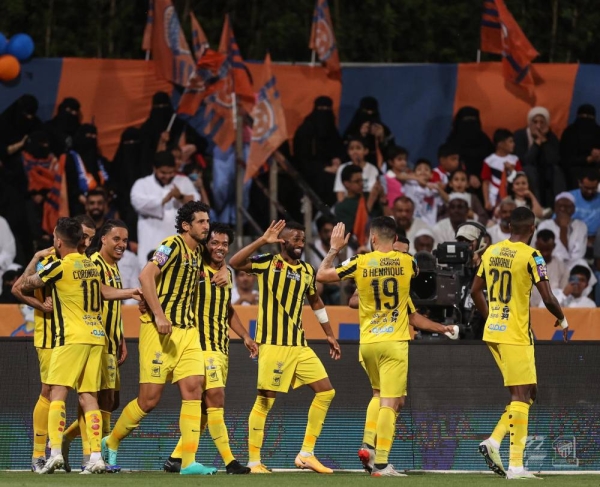
The seventh trilateral summit in the “Astana Format” between Turkey, Russia and Iran was held last Tuesday in Tehran where the situation in Syria was reviewed. As announced beforehand, bilateral meetings were also held between the leaders.
Turkish President Recep Tayyip Erdogan’s declared intention to carry out a military operation in Syria dominated consultations during the summit. He must have guessed before going to Tehran that he would face pressure from Russian President Vladimir Putin and Iranian President Ebrahim Raisi to give up this idea.
The US was another country that was opposed to Turkey’s military action. It voiced this view on several occasions. Turkey is vulnerable to the US for several reasons: The purchase of 40 new F-16 fighter aircraft and the upgrading of about 80 of them already in the Turkish air force inventory is being negotiated between these two NATO allies. There is strong bipartisan opposition in the US Congress to this sale. Turkey’s ties with Russia and its ambivalent position as a NATO member country during the present tough NATO-Russia confrontation makes it further vulnerable.
When three such important actors — plus Syria — are opposed, the operation — even if it is eventually carried out — is likely to become a symbolic move to give the impression to the domestic public in Turkey that the government has fulfilled its promise.
Erdogan did his best to explain his case at the Tehran summit. He pointed out that a consensus was reached in 2019 to establish on the Syrian side of the border a 30 km to 40 km corridor to be patrolled exclusively by Turkish soldiers to ward off terrorist attacks on Turkey. The project, however, never materialized.
Turkey was expecting support from Russia and Iran — and partly from the US — to clear the areas controlled by Kurdish fighters. Washington withdrew the Kurdish fighters from the border area but provided them a more advantageous position by transferring the right to control the Syrian oil wells.
Furthermore, with a view to giving the impression that the strongest Kurdish political party in Syria, the Democratic Union Party or PYD, was not solely composed of Kurds, it established another organization called the Syrian Democratic Forces, while its backbone continued to be composed of Kurdish fighters.
Erdogan’s attitude is difficult to tell, but his body language said more than the statement that he delivered at the Tehran summit.
Yasar Yakis
Iran’s Supreme Leader Ali Khamenei was the first to say to Erdogan that not only the PKK and PYD terrorists but the militants protected by Turkey had to be eliminated as well. Raisi went one step further and said that all foreign forces should leave Syria, meaning Turkish and American forces and Turkey-supported militants, because unlike Russia and Iran, they had not been invited to Syria by the legitimate government of the country.
To what extent these remarks affected Erdogan’s attitude is difficult to tell, but his body language said more than the statement that he delivered at the plenary. At no stage during the summit did Erdogan look relieved. On his way back from Tehran, he told reporters in the presidential plane that Putin and Raisi had different views from that of Turkey on the Syrian question.
Putin and Raisi also objected to the construction of houses by Turkey on the Syrian side of the border — firstly because it was Syrian territory and secondly because the refugees to be returned to Syria should not be forced to settle in an area that is not theirs. They have said that the ideal solution would be to settle them in the places where they originally came from.
Russia, Iran and the Syrian government have already started to strengthen their military presence in areas where Turkey might attempt to carry out an operation.
Although not part of the summit agenda, there were other important issues taken up during the bilateral talks between the leaders.
The opening of a corridor for the shipment of a million tons of Ukrainian grain trapped in besieged Ukrainian harbors was discussed by Erdogan and Putin, and two parallel agreements resulted last Friday from their discussion: One agreement between Turkey, Ukraine and the UN, and a second agreement between Turkey, Russia and the UN.
Another controversial issue was Russia’s veto of the continued food supply to northern Idlib through the Bab Al-Hawa/Cilvegozu border crossing. Turkey is in favor of keeping the crossing open while Russia insists that the supplies have to go through the official Syrian authorities. The question was solved in the UN Security Council with Russia postponing its veto for another six months.
In this summit, Turkey inadvertently achieved something difficult by bringing together four countries — Russia, Iran, US and Syria — which never usually act in accord on a foreign policy issue.
• Yasar Yakis is a former foreign minister of Turkey and founding member of the ruling AK Party. Twitter: @yakis_yasar












